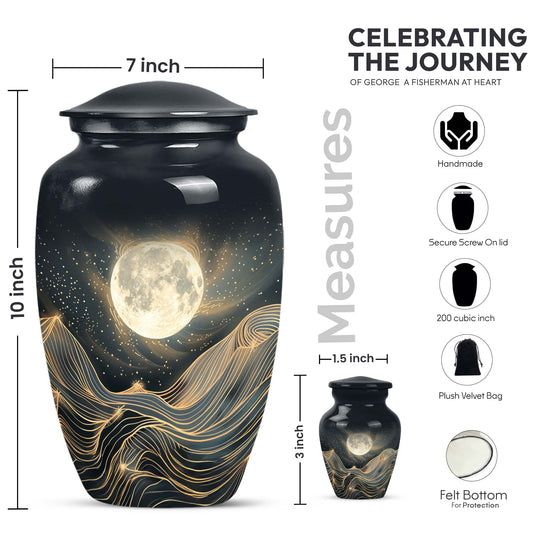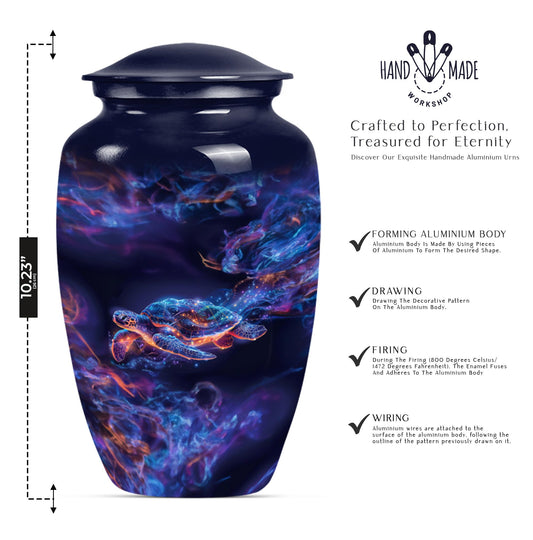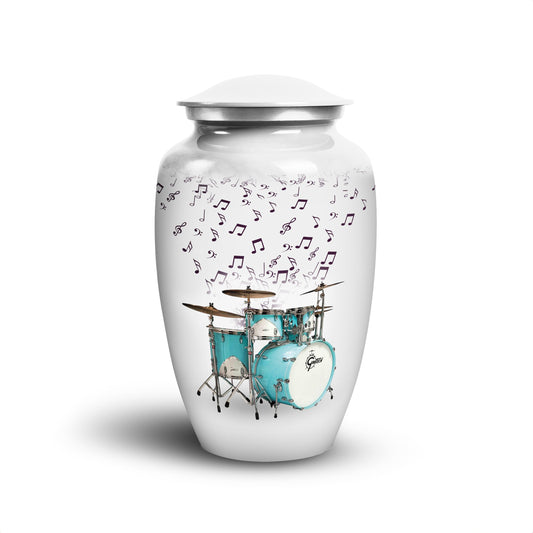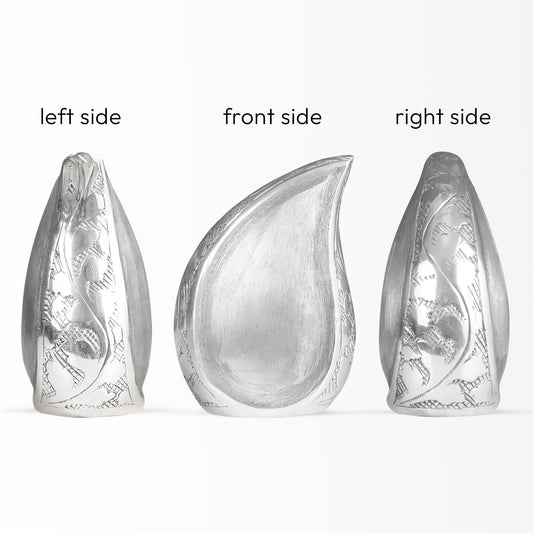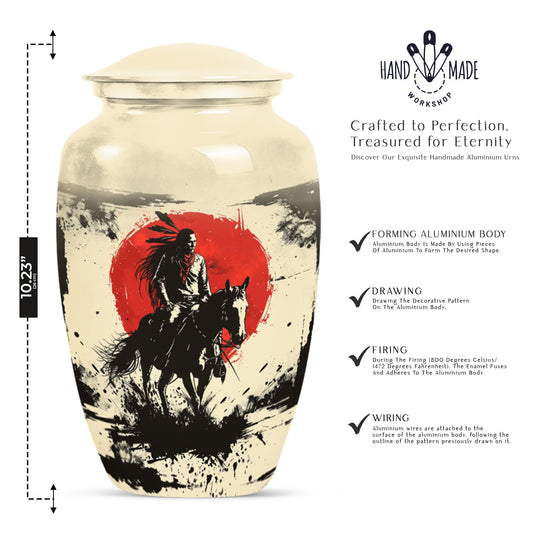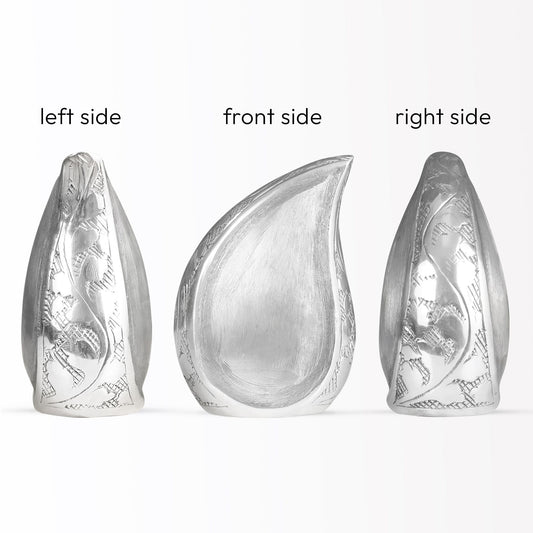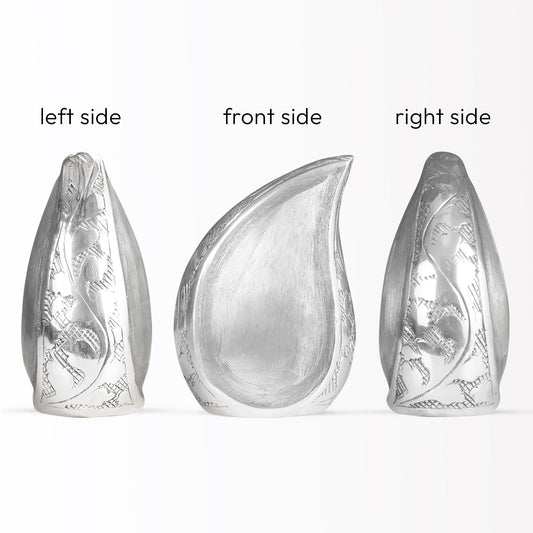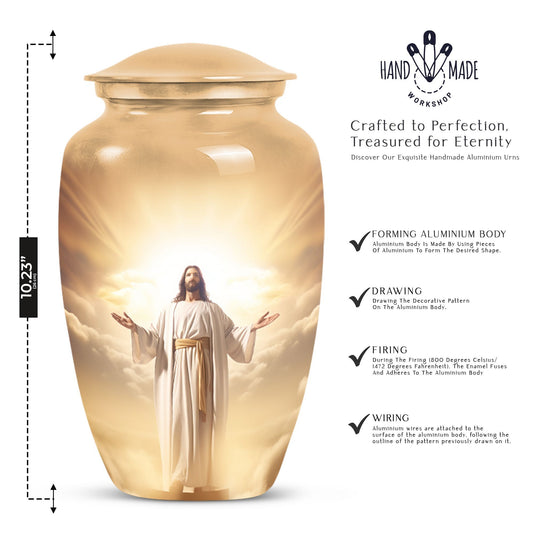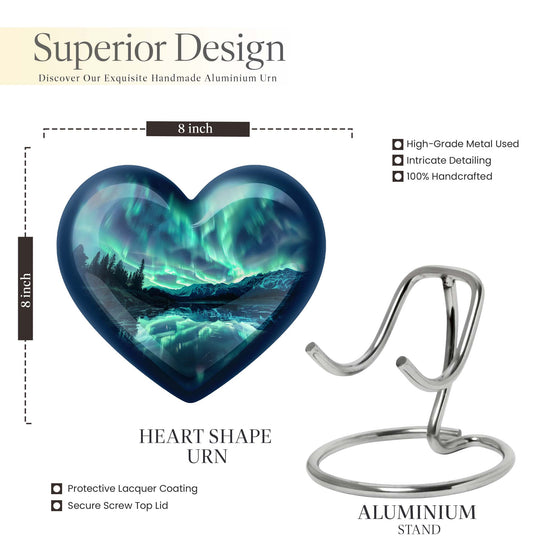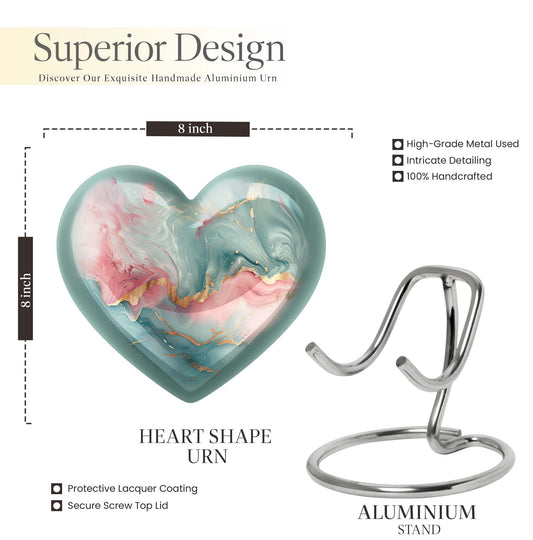Popular Urns
Cremation Laws and Regulation in Utah
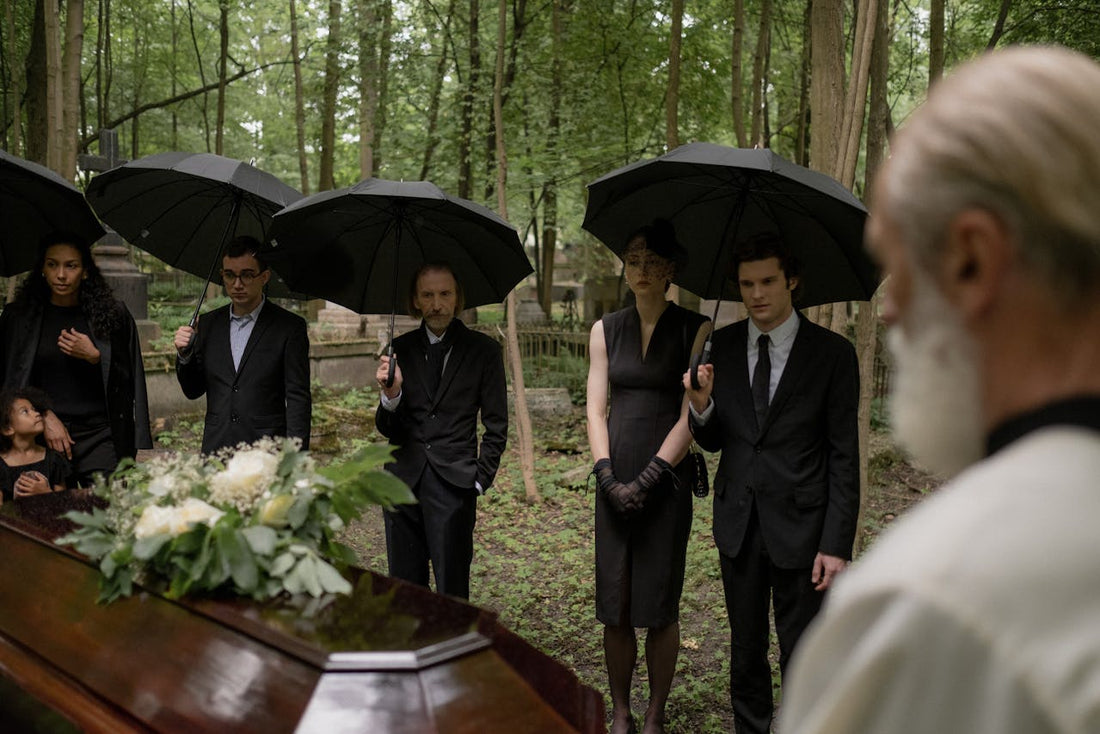
Cremation has become a popular mode of final disposition in the state of Utah. The State of Utah has laws and regulations regarding cremation, that ensure the process is handled in a manner that shows respect and is legal in nature.
These laws offer the right to authorize and document crematories, in addition to operational standards which provide clarity and protection both to families and service providers.

One of the major conditions that the Utah law requires before a cremation can be carried out is seeking proper authorization. In the Utah Vital Statistics Act, consent for the cremation, in writing, should come from the person who makes the decision on the disposition of the corpse, which is usually the next of kin. If there is a disagreement among family members or unclear intent from the deceased regarding their wishes, then the cremation cannot be performed until the issue is addressed.
Also, a death certificate must be submitted and the local health department's required permits must be obtained.
It takes a minimum waiting period of 24 hours before any cremation can occur. Since death occurs, at least this number of hours should be provided after the death has occurred. This number of hours gives ample time in case the medical examiner may want some investigations carried out before burying the person. Thus, waiting period caters to all legal and medical formalities before the last step of cremation can occur.

For operation, the crematories here require standards that have to strictly provide safe operation and professionalism with safety considerations. Facilities involved herein should secure proper licensing of operational systems from the Utah Division of Air Quality. With regards to this, operations here manage to minimize direct and indirect environmental impacts based on specific requirements for its process-related emissions.
To be correct and not make any wrong identification or misclassification of remains, the operator operators will need to follow their procedure in handling the remains carefully. All the procedure provided the corpse with a distinct mark of identification, and it should be brought back to the family in an identified secure container.

The last aspect of Utah's cremation law addresses the issue of the disposition of cremated remains in case they are not picked up by the family or authorized agent within a specific time frame. State statute allows the crematory or funeral home to dispose of the cremated remains if the family or authorized agent fails to pick them up within a specific time frame. This is usually by burial in a cemetery or spreading in a way that isn't prohibited by law.
Utah law further clearly provides regulations as regards how the cremated remains should be scattered. Families can scatter ashes on private lands following a specific consent by their owner, or public grounds in which they follow and satisfy all the regulations set to particular places. Scattering of ashes takes most places among Utah's nice outdoors, but the applicator is supposed to research on applicable local regulations whereby the family does not risk legal battles.
Utah's cremation laws are well-balanced in the sense that they show respect for the deceased and their families, but also for public health and environmental considerations. Families who plan to have a loved one cremated should consult closely with licensed funeral homes and crematories to ensure all legal requirements are met. This knowledge will guide families through the process with confidence and peace of mind.
ALSO READ:






